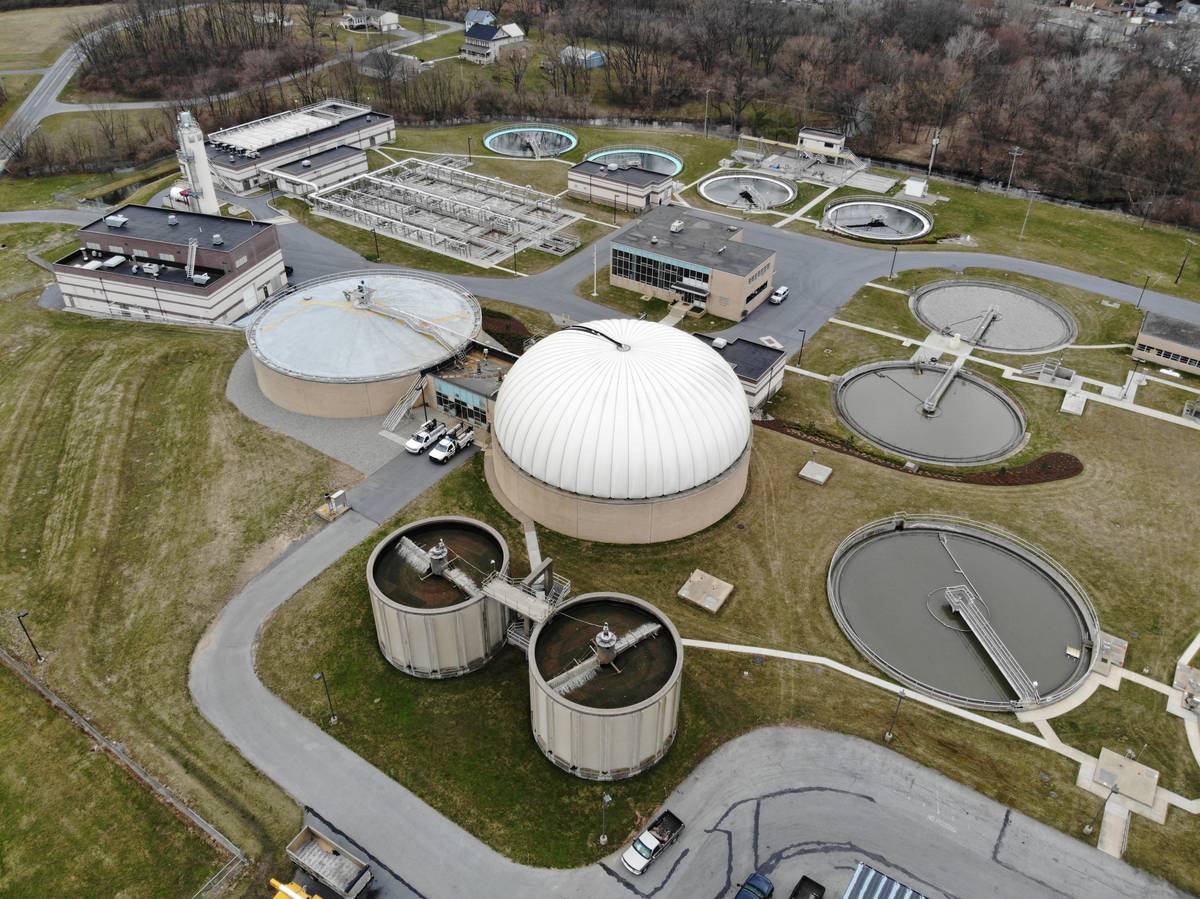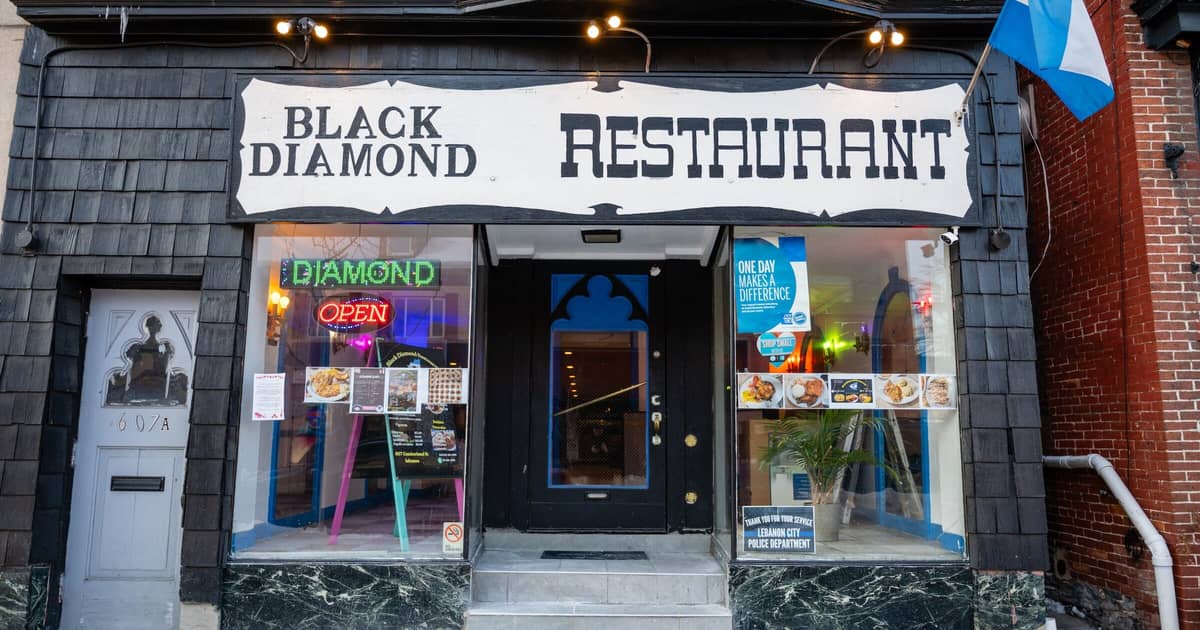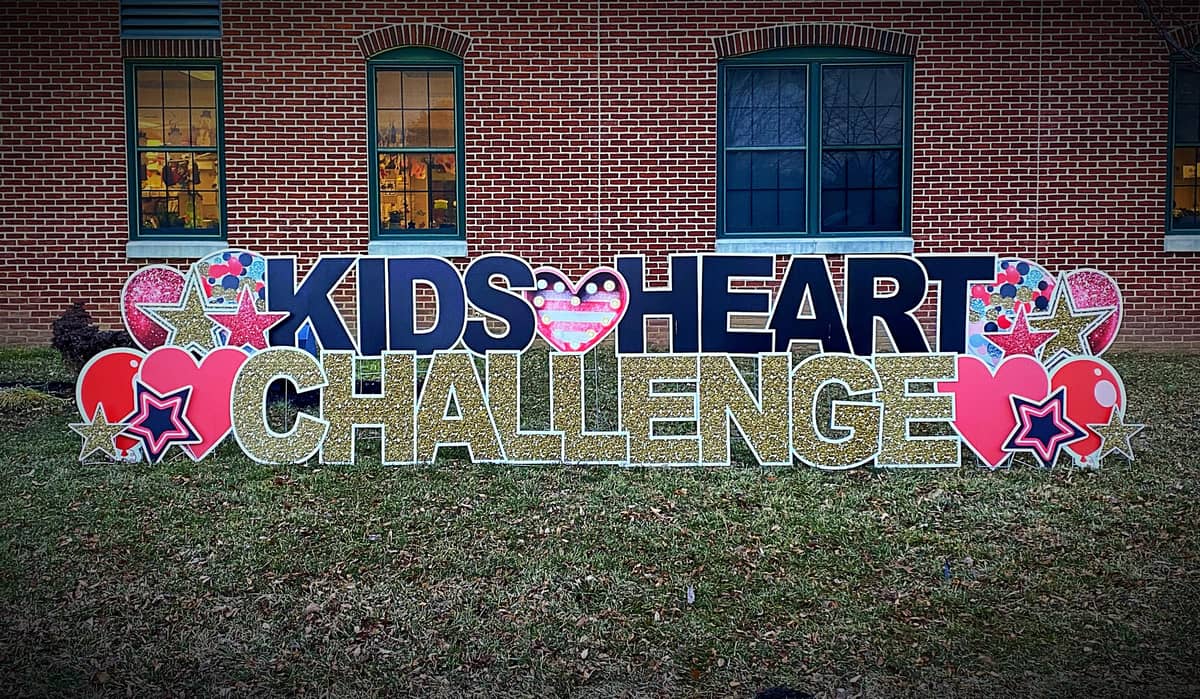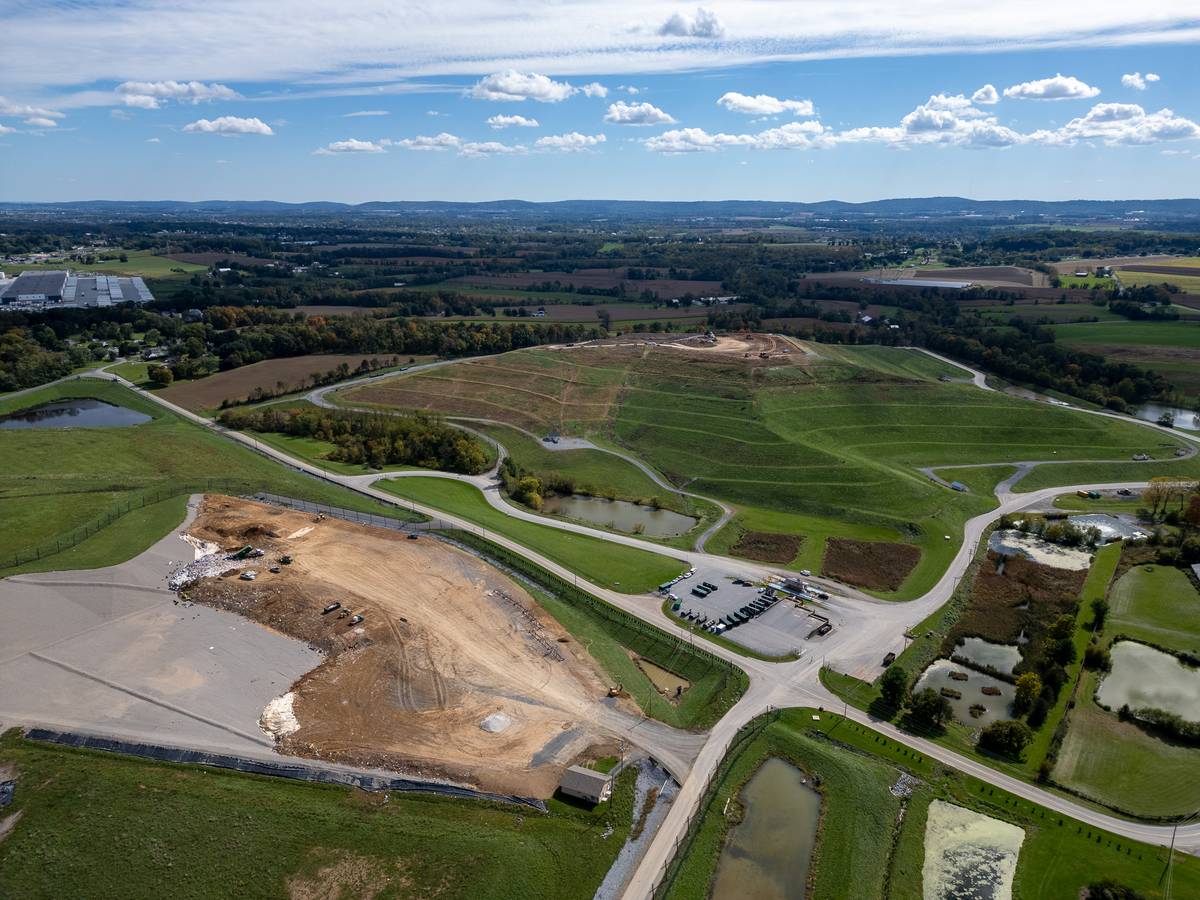This article was funded by LebTown donors as part of our Civic Impact Reporting Project.
Upgrades to the City of Lebanon Authority wastewater treatment plant are on target to begin in April.
The authority board Monday officially awarded four contracts totaling $22,789,732 for work on the plant built in 1960 and last upgraded in 2011.
Read More: City of Lebanon Authority board plans $27.9M wastewater plant improvements
Awarded were contracts for $18.7 million to PACT Two LLC in Ringoes, New Jersey, for general construction; $292,000 to Garden Spot Mechanical of Manheim for plumbing; $1.4 million to Garden Spot Mechanical of Manheim for mechanical/HVAC; and $2.3 million to Garden Spot Electrical of Manheim for electrical.
The planned improvements include renovating the headworks building — where large solids are separated from liquids — and replacing equipment installed when the plant first opened.
Awarding the contracts had been delayed when bids came in higher than anticipated, and COLA had to apply for additional funds from PennVEST, a state Department of Community and Economic Development program that provides low-interest loans for improvements to public facilities.
The approved PennVEST loan amount is up to $27,934,000, which includes $5.1 million for engineering, permitting and contingencies. Closing on the loan is set for Feb. 27.
The City of Lebanon Authority Board meets at 2311 Ridgeview Road, Lebanon, on the second Monday of each month at 3 p.m. The next meeting will be Monday, March 11. These meetings are open to the public and do not require registration.
What happens at a wastewater treatment plant?
“We make dirty water clean,” says Frank DiScuillo, wastewater systems director with the City of Lebanon Authority.
That’s the short version of what’s involved in treating wastewater — that is, anything that goes down a drain in any building in the authority’s service area.
It is a process that is simultaneously simple and complex.
It is simple because it is a natural process relying on bacteria for decomposition. It is complex because the natural processes are accelerated and concentrated so that the water can be cleaned for reuse in a short time.
Initially, liquids are separated from solids such as food, fecal matter, paper products and chemicals (DiScuillo said he once found three $20 bills that had entered the wastewater plant).
Then through a system of settling, chemicals or treatment with different bacteria, pollutants such as carbon, nitrates/nitrites and ammonia are removed or converted into solids and gas which can be separated from the water.
Once the cleaned water has met federal standards, it leaves the plant and is discharged into the Quittapahilla Creek.
The remaining organic solids – byproducts of removing pollutants and chemically-treated phosphorous so it clumps together – are pumped to the digesters along with the multitudes of bacteria that have fed on the now removed pollutants.
Twice a week the authority’s lab samples the biosolids in the digesters and checks total solids, alkalinity and volatile acids, said Cora Shenk, compliance and lab manager with the authority. Those analyses, combined with monitoring of gas production, are the key parameters in ensuring treatment processes are working efficiently.
Questions about this story? Suggestions for a future LebTown article? Reach our newsroom using this contact form and we’ll do our best to get back to you.

Keep local news strong.
Cancel anytime.
Monthly Subscription
🌟 Annual Subscription
- Still no paywall!
- Fewer ads
- Exclusive events and emails
- All monthly benefits
- Most popular option
- Make a bigger impact
Already a member? Log in here to hide these messages
Strong communities need someone keeping an eye on local institutions. LebTown holds leaders accountable, reports on decisions affecting your taxes and schools, and ensures transparency at every level. Support this work with a monthly or annual membership, or make a one-time contribution. Cancel anytime.























